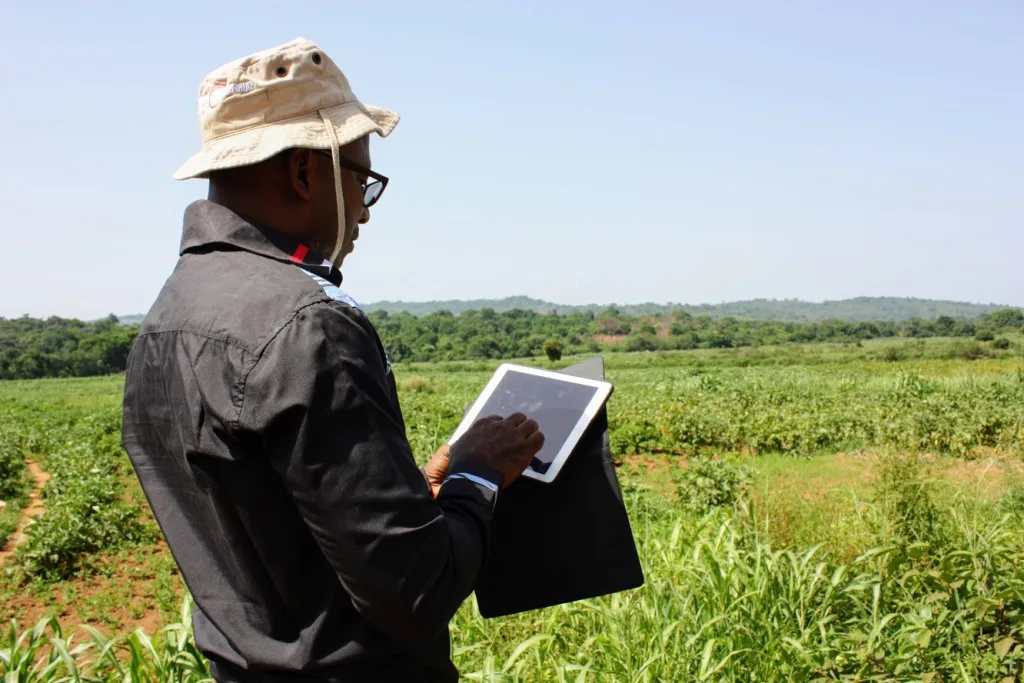A call has gone to the federal and state governments to priortise digital training for farmers to serve as a solution to food insecurity across the country. A Professor in the Department of Agricultural Economics at the Obafemi Awolowo University (OAU), Ile-Ife, Osun State, Adeolu Ayanwale made the call while speaking at a workshop organised by the Commonwealth of Learning, Canada, OAU and the Agricultural and Rural Management Training Institute (ARMTI) for vegetable farmers in the Southwest states with the theme “Scaling-up Lifelong Learning for Farmers on Digital Agricultural Solution for Vegetables Farmers in Southwest Nigeria towards Achieving the SDGs”.
Ayanwale pointed out the importance of digital training in improving agricultural production and marketing, while stressing that the necessity of teaching farmers how to utilise digital tools throughout various stages of crop production and marketing, including the use of social media platforms like WhatsApp, Instagram, Facebook and X (formerly Twitter). While citing the current food inflation rate of over 40 per cent, he emphasised the urgency of empowering farmers with digital skills to boost productivity and ultimately enhance food security, aligning with Sustainable Development Goal 1 (SDG) of zero hunger. He said that the programme had already trained over 500 individuals intensively since its inception in March 2023 and that the training aims to equip farmers, especially youth and women with skills in vegetable production, including nursery operations, agronomy, and digital marketing.
The Executive Director of ARMTI, Dr. Olufemi Oladunni, advised farmers on best practices in fertilisation and urged them to adopt eco-friendly farming methods. He also advised the farmers to make good use of the knowledge they have obtained at the training, especially in the area of spacing in applying fertilizer to their plants. “What we are trying to do is to develop farmers by capacitating them, so that they can produce more for their immediate family, neighbours and the nation at large. The ARMTI Executive Director further advised them not to apply fertilizer during the rainy season and to grow agro-ecological friendly by making use of organic manure at times rather than regular usage of inorganic fertilizer.
A Professor in the Department of Soil Sciences and Land Resources Management of OAU, Kemi Idowu emphasised the importance of climate-smart agricultural practices and water management techniques, stating that it was observed that farmers had challenges with climate change, especially with management of soil water and fertility. She, thereby, urged participants to make use of training on methods of water application, nursery management, using plastic pots, shade and low tent shade for raising their seedlings. Idowu further said that with the training given to farmers, they could now identify types of fertilizers and the methods of applying them, adding that they could also prepare their own compost manure. One of the participants at the training, Opeyemi Olaobaju, expressed gratitude for the workshop and pledged to utilise the knowledge and resources provided effectively.



